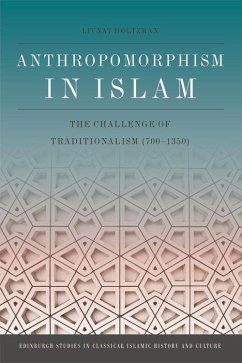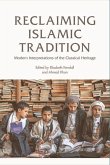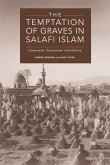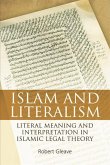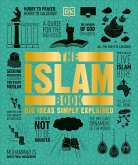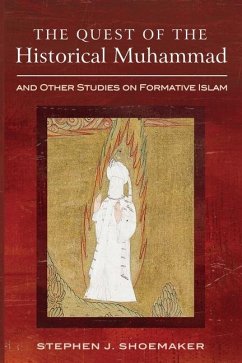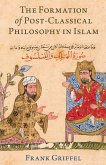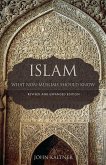'An informative and engaging study of the Islamic tradition's attempts to grapple with conceptions of anthropomorphism across a range of historical settings. It represents a formidable survey of a complex topic that has for centuries defined classical Islamic theological discourses.' Mustafa Shah, University of London Explores the problem of anthropomorphism - a major bone of contention in eighth- to fourteenth-century Islamic theology More than any other issue in Islamic theology, anthropomorphism (tashbīh) stood at the heart of many theological debates, and was mostly discussed within the circles of traditionalist Islam. The way a scholar interpreted the anthropomorphic descriptions of God in the Qur'an or the Hadith (for instance, God's hand, God's laughter or God's sitting on the heavenly throne) often reflected his political and social stature, as well as his theological affinity. This book presents an in-depth literary analysis of the textual and non-textual elements of aḥādīth al-ṣifāt - the traditions that depict God and His attributes in an anthropomorphic language. It goes on to discuss the inner controversies in the prominent traditionalistic learning centres of the Islamic world regarding the way to understand and interpret these anthropomorphic traditions. Through a close, contextualised and interdisciplinary reading in Hadith compilations, theological treatises and historical sources, the author offers an evaluation and understanding of the traditionalistic endeavours to define anthropomorphism in the most crucial and indeed most formative period of Islamic thought. Key Features - Includes case studies of anthropomorphic traditions, tribal heritage and lore, the Hashwiyya and the traditionalists - Explores non-textual elements in the anthropomorphic traditions (including body-gestures and mimicry) - Studies rhetorical devices and rationalised argumentations in the writings of traditionalist theologians - Provides the first in-depth literary and linguistic analysis of the anthropomorphic material in the Hadith Livnat Holtzman is Chair of the Department of Arabic at Bar-Ilan University, Israel. She has published extensively on Islamic traditionalism, and is co-editor (with Caterina Bori) of A Scholar in the Shadow: Essays in the Legal and Theological Thought of Ibn Qayyim al-Jawziyya (2010). Cover image: (c) iStockphoto.com Cover design: [EUP logo] edinburghuniversitypress.com ISBN 978-0-7486-8956-9 Barcode
Hinweis: Dieser Artikel kann nur an eine deutsche Lieferadresse ausgeliefert werden.
Hinweis: Dieser Artikel kann nur an eine deutsche Lieferadresse ausgeliefert werden.

